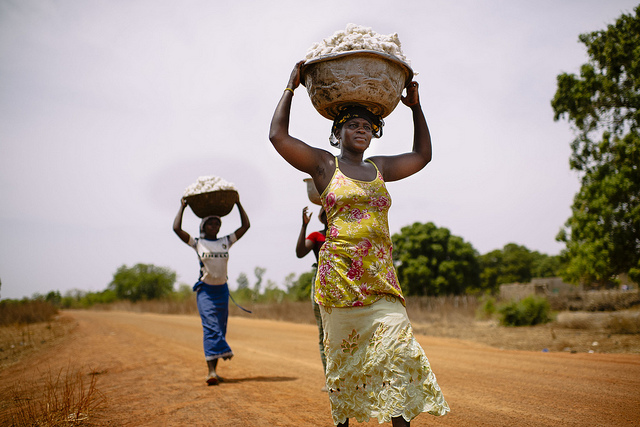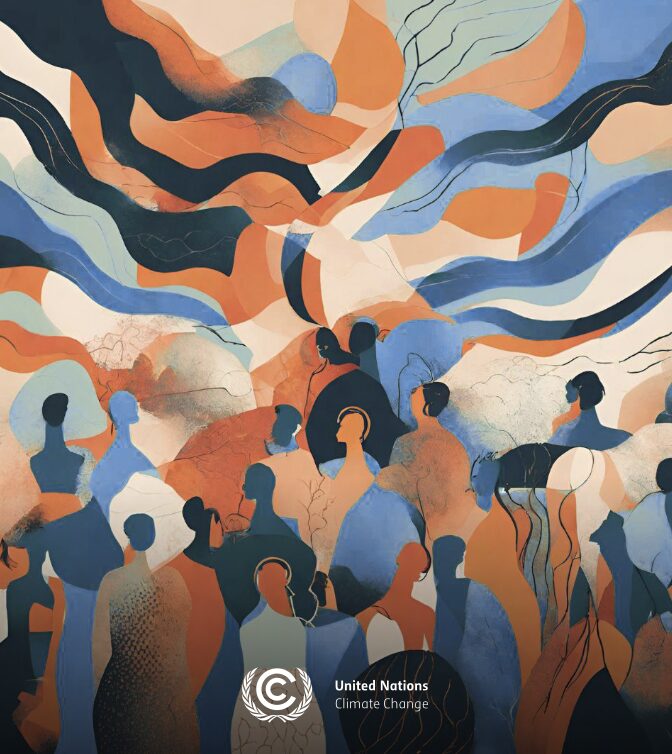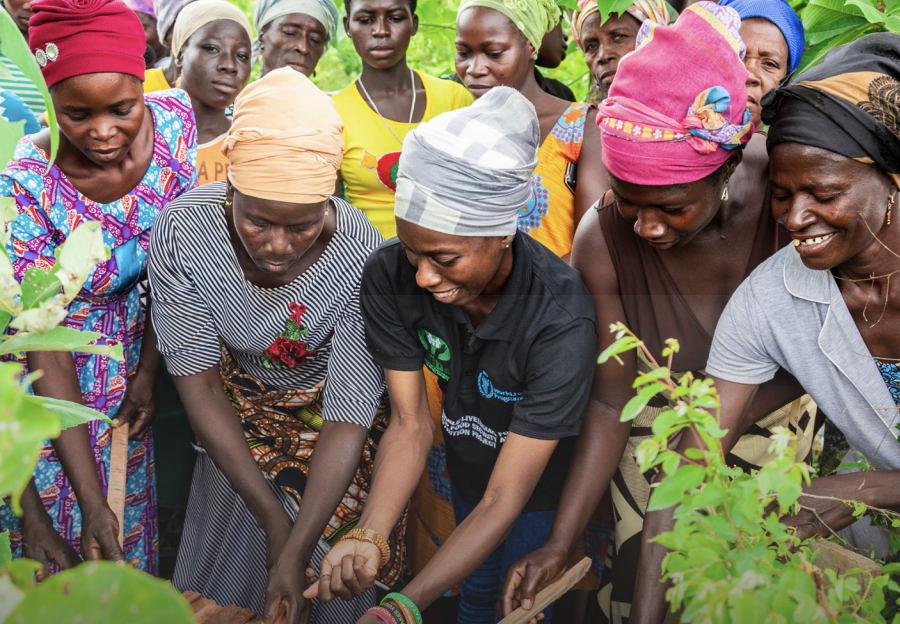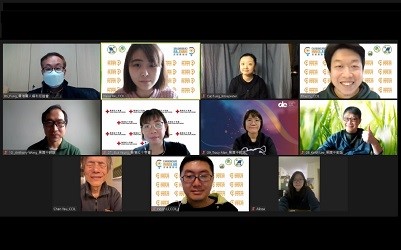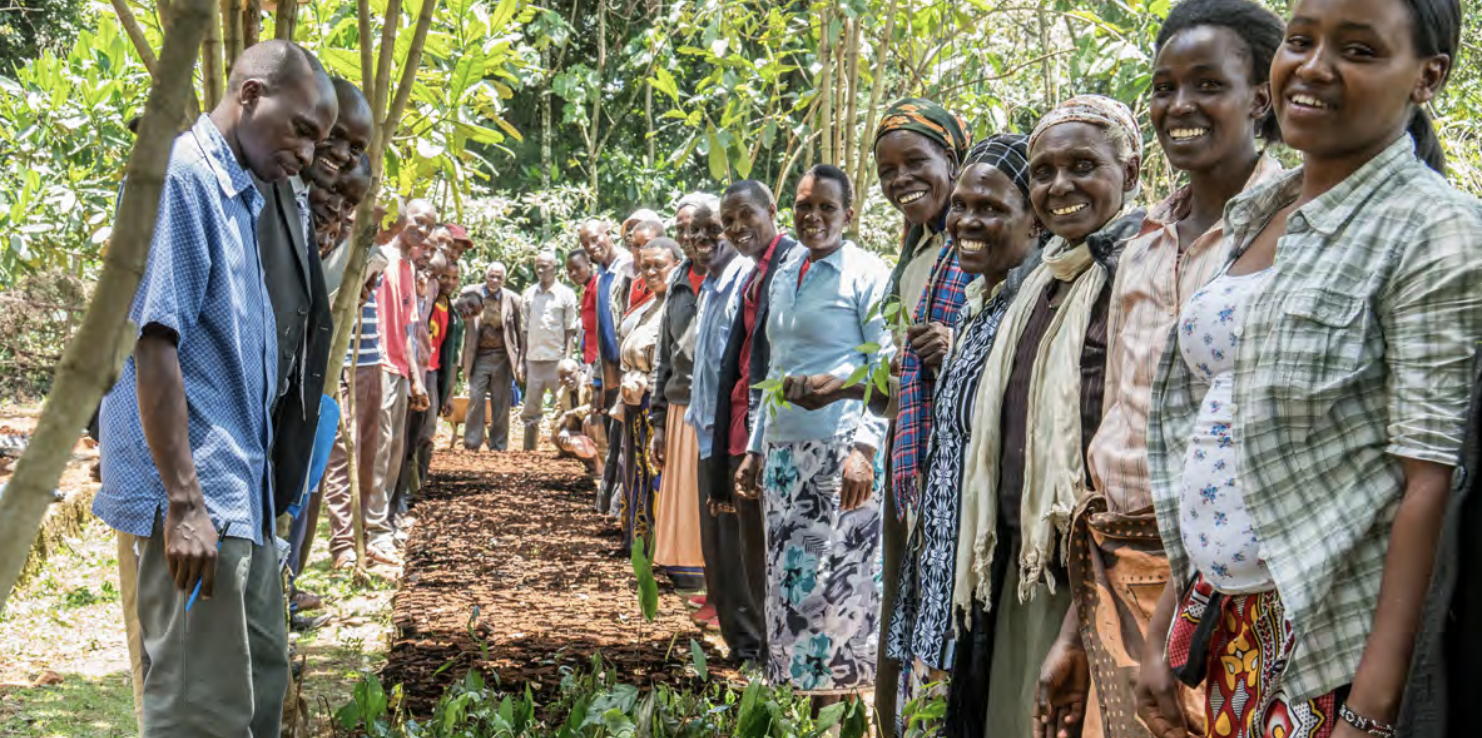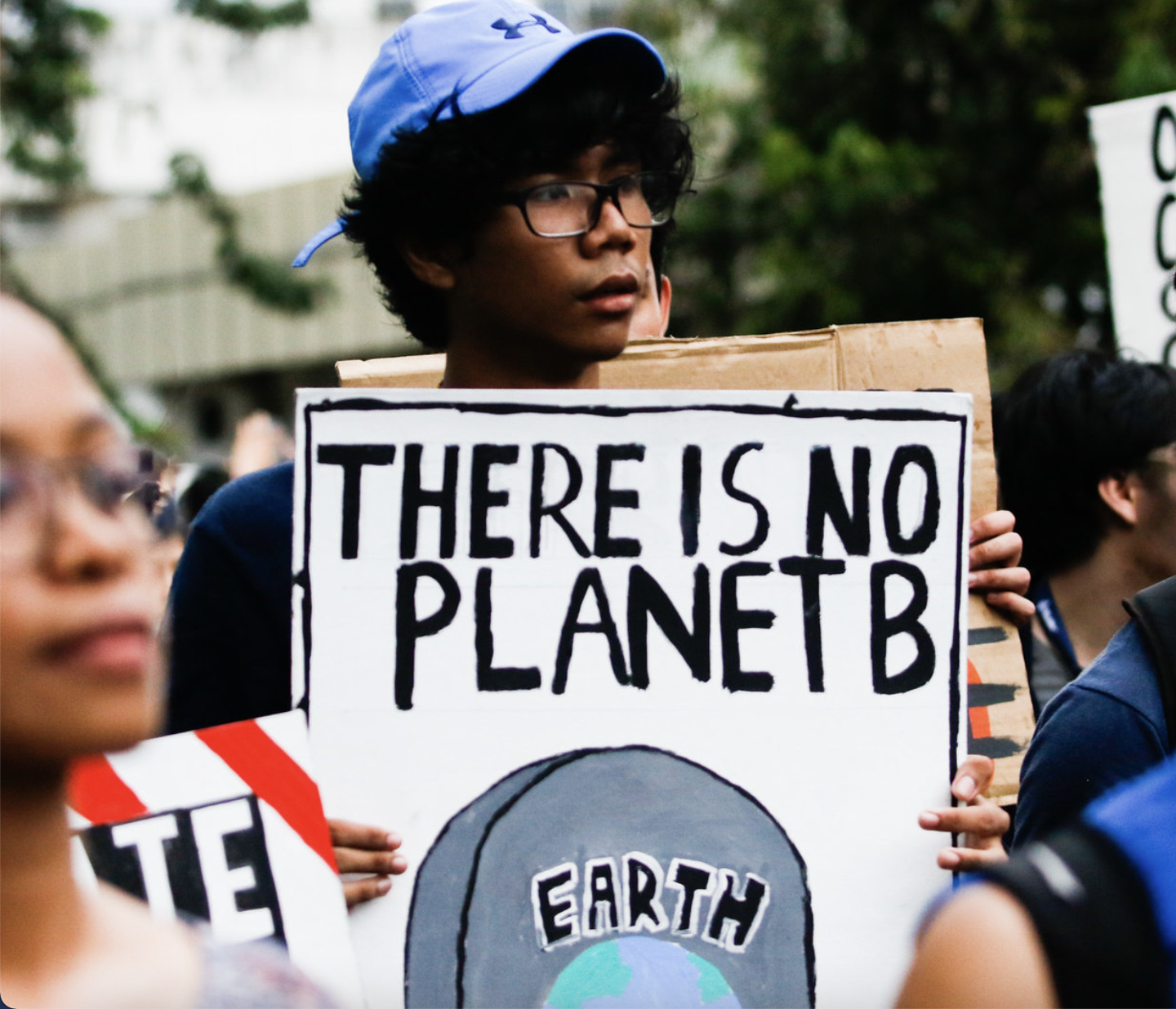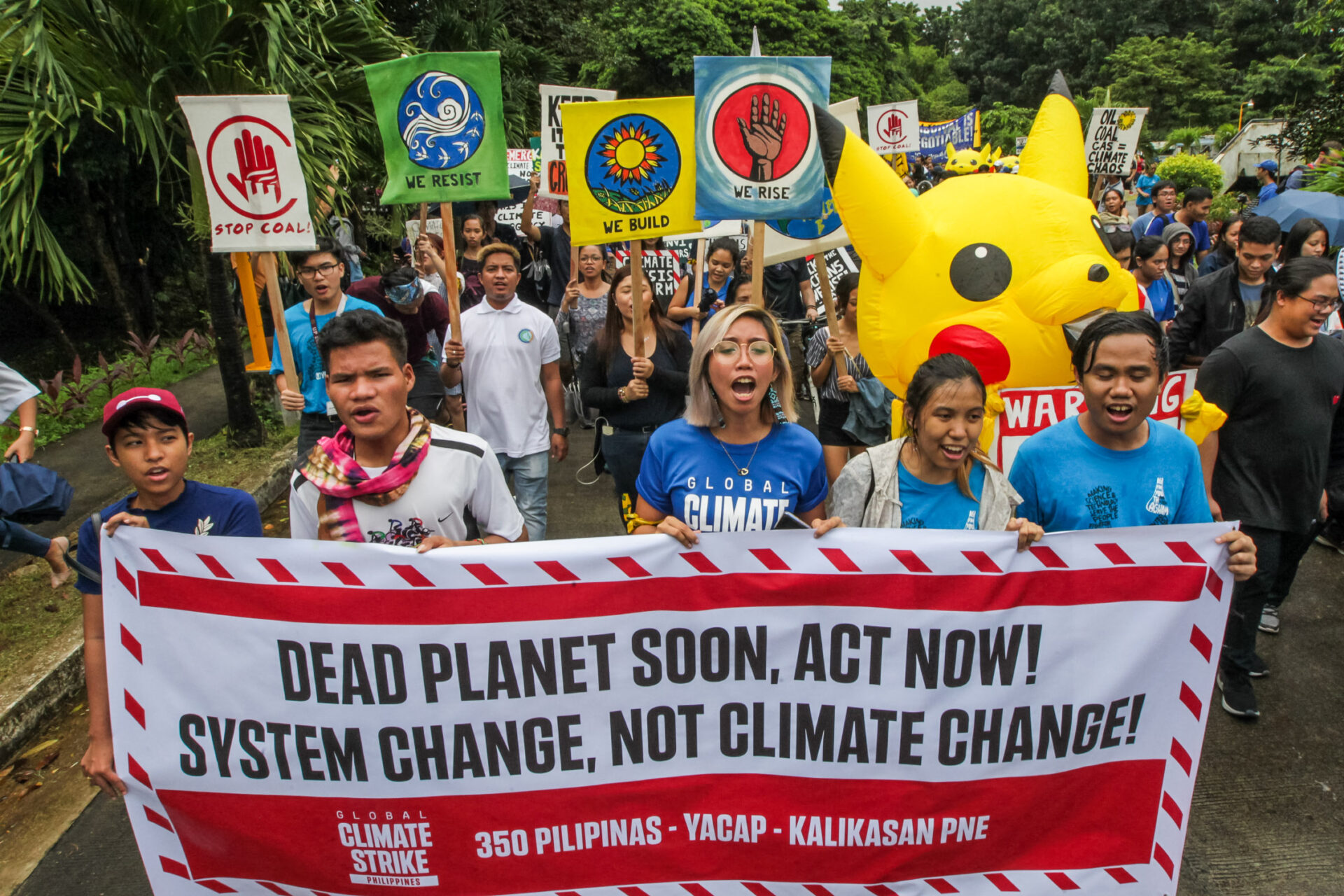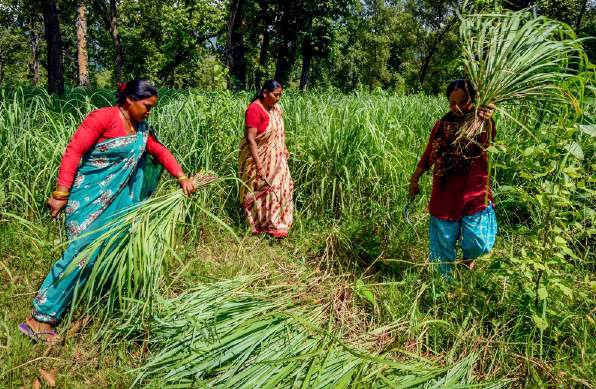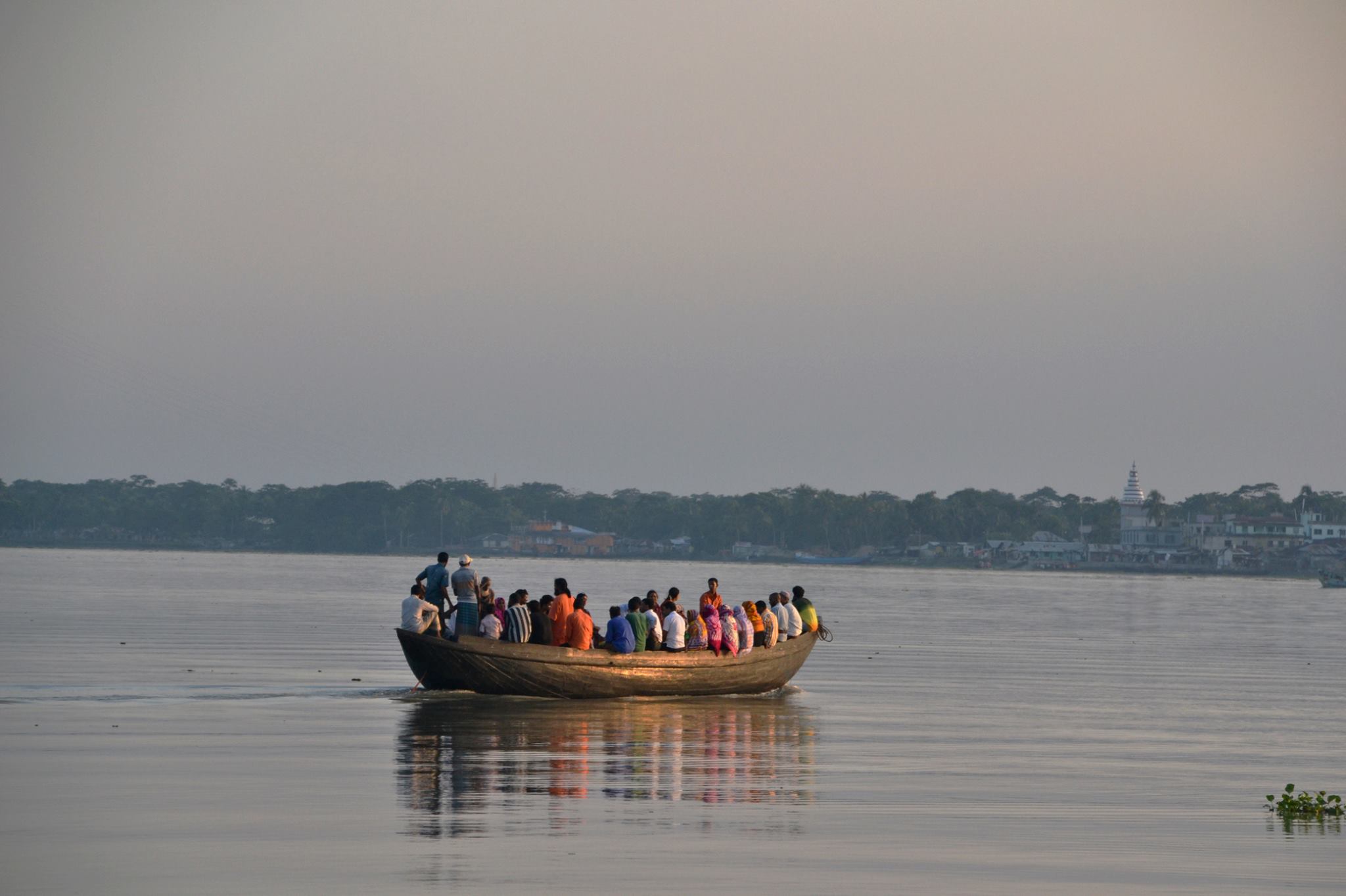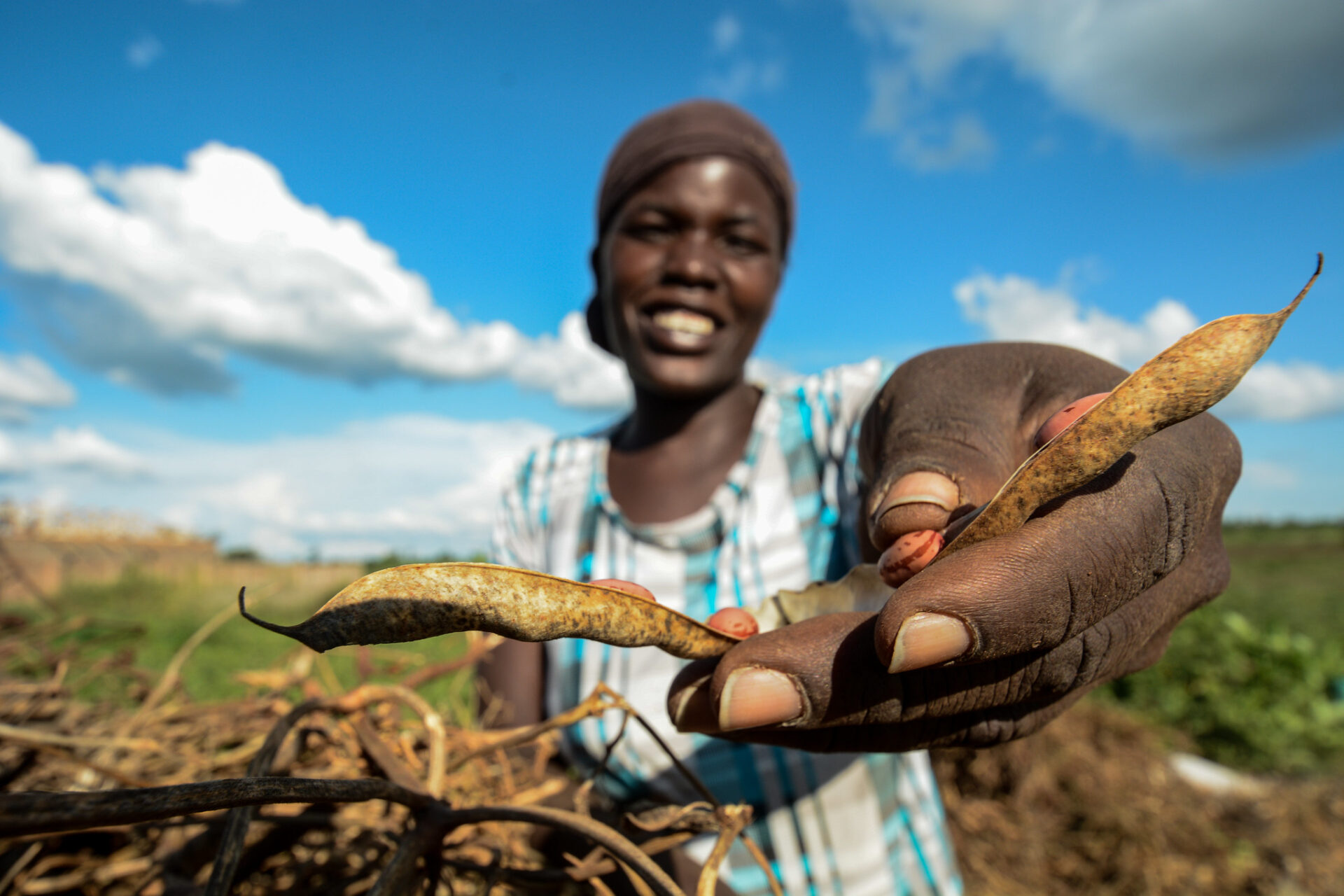Theme
Gender and Social Equality
This theme aims to deepen engagement on issues of gender and social equality in the context of environment and development, foster collaborations and strengthen capacity.
Progress, good practices and lessons learned in prioritizing and incorporating gender-responsive adaptation action
Read this policy brief to learn how to develop and implement gender-responsive adaptation action, taking into consideration the different national circumstances and cultural values.
Factsheet for Young People: Gender & Adaptation
Learn about the importance of gender considerations in climate change adaptation efforts through this factsheet from the Global Center on Adaptation (GCA). This factsheet is part of a series that presents information from GCA’s flagship reports State and Trends in Adaptation in Africa 2021 and 2022.
The Importance of Including Persons with Disabilities in Tackling Climate Change
This briefing report explores the daily difficulties people with disabilities face in extreme weather, what policies and measures can support them, and how to engage them in climate change mitigation and adaptation in their daily lives.
Advancing Gender Equality and Climate Action: A Practical Guide to Setting Targets and Monitoring Progress
CDKN, ODI, SNV, CARE and Mercy Corps have launched a new guide to support project managers in developing appropriate gender-related targets and a suitable MEL system to track achievement over time.
ArcGIS StoryMap: Young people are shaping climate change and health action
This ArcGIS StoryMap shares the stories of youth leaders and the challenges they face in climate change and health action across Ethiopia, Kenya, Senegal, Vietnam, Indonesia and Bangladesh.
Young people’s engagement in climate change and health in Africa and Asia
This report explores how young people are engaged in climate and health action in six countries – Ethiopia, Kenya, Senegal, Bangladesh, Indonesia and Vietnam.
Toward Gender-Responsive Ecosystem-Based Adaptation – Why it’s needed and how to get there
The purpose of this report is two-fold: to illustrate the importance of integrating gender considerations in EbA actions, and to provide concrete examples of how this can be done in practice.
Project: Platforms for the inclusion of non-normative genders and sexualities (NNGS) in climate change adaptation policy and action
This joint project has contributed to strengthening local capacity and advocated for/integrated the concerns and strengths of LGBTIQ+ partners into local and national policies.
When the disaster strikes: Gendered (im)mobility in Bangladesh
This study investigates gendered (im)mobility during cyclone strikes in Bangladesh, using the Q-based Discourse Analysis to show how and why gender-roles (im)mobilised people.
Integrating gender and nutrition in Ugandan policy: An assessment
A recent study on Ugandan climate and food security policies assesses gender and nutrition mainstreaming in national policy.
